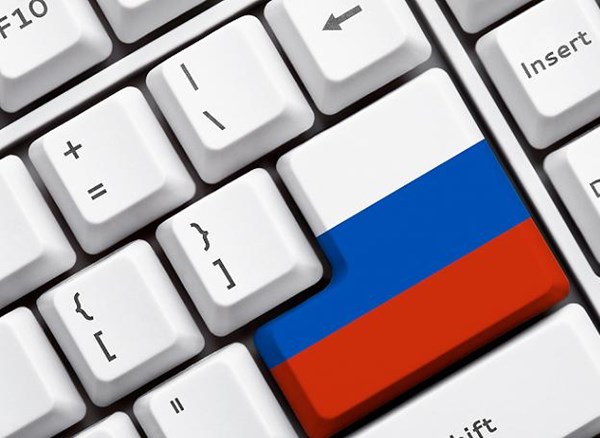Sanctions against Russia affect Kremlin's use of certain computer fonts
A Russian IT-company states that they had to work hard to write the code for an official operational system for the Kremlin after the license to use one of the most common font types was rejected.
RusBITech is the developer of Astra Linux, an operational system similar to Windows or Mac OS specially designed to be used in Russia. The software was ordered six years ago for use by the Russian Ministry of Defense and related agencies including the Federal Security Service, the successor of the Soviet Committee for State security.
As was reported by the Russian newspaper Kommersant, earlier this month, RusBITech reported to the Russian Ministry of Communications that programmers were trying to obtain licenses for certain fonts, including Times New Roman, one of the most widely used fonts in the world, even in Russia with its Cyrillic alphabet.
The American company, Monotype, which holds licenses for these fonts, first offered the license for 650 Euro (691 USD); a price which Russians perceived as a robbery for a package of popular fonts for one workplace, as reported by Kommersant, instead of the more common price of 3-4 Euro (3.20-4.20 USD).
The main developer on the Astra Linux team, Yury Sosnin, told the newspaper that Monotype, in the end, abandoned negotiations and refused to sell the licenses. They stated this was due to sanctions imposed by the United States, Sosnin reported to Kommersant.
Monotype, whose headquarters is in the State of Massachusetts, did not respond to email messages and phone calls asking for comments. This put RusBITech in a difficult position, Sosnin said, because Times New Roman is used in almost all official documents in Russia as a standard font. The company had to sign a contract with a Moscow font development company, ParaType, for the development of a font similar to Times New Roman.
It’s impossible to say whether it led to additional spending by RusBITech, but Kommersant noted that the company’s documents show that their contracts with public agencies were about 1.7 billion rubles in 2014 (28 million dollars). This case illustrates challenges faced by Russia after the imposition of Western sanctions in 2014.
As part of the Import Substitution program, the Kremlin has placed a particular emphasis on the replacement of computer equipment and software of foreign origin such as the Windows operating system from Microsoft, with Russian systems.
In March, Russian President Vladimir Putin ordered that public enterprises buy and grant patents for Russian software instead of foreign programs.
In September, Moscow stated that they will replace all Microsoft operation systems in their networks. Prior to this, they have been gradually reducing Cisco Systems technology which was used for surveillance cameras.
